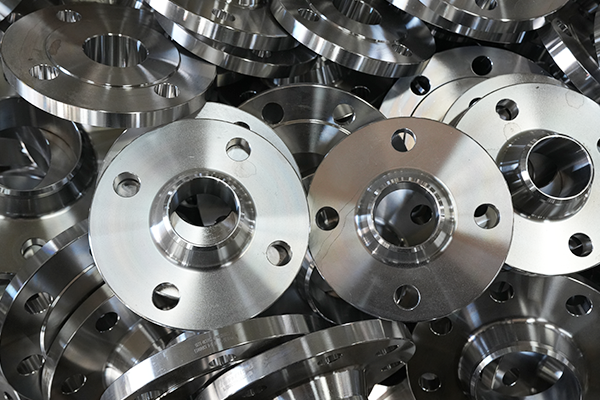NewsDetails
Interpretation of Anti-Corrosion Steel Pipe Technical Standards and Key Points for Compliant Production
author:Zhantong time:2025-05-23 01:29:08 Click:154
Interpretation of Anti-Corrosion Steel Pipe Technical Standards and Key Points for Compliant Production
1. Understanding Key Technical Standards
Anti-corrosion steel pipes must comply with various national and international standards to ensure quality, safety, and performance. Commonly referenced standards include:
API (American Petroleum Institute) Standards:
Examples include API 5L for line pipes, API RP 5L3 for coating inspection. These set requirements for pipe dimensions, mechanical properties, and coating performance, especially in oil and gas applications.ISO (International Organization for Standardization) Standards:
Such as ISO 21809 series covering external coatings, including fusion bonded epoxy (FBE), polyethylene coatings, and multilayer systems.NACE (National Association of Corrosion Engineers) Standards:
Focus on corrosion prevention practices and cathodic protection compatibility.GB/T (Chinese National Standards):
Include GB/T 9711 for steel line pipes and GB/T 23257 for polyethylene coatings.
2. Key Technical Requirements in Standards
Material Specifications:
Defines chemical composition, mechanical properties (yield strength, tensile strength, elongation), and toughness (impact resistance).Dimensional Tolerances:
Includes outer diameter, wall thickness, straightness, and ovality limits.Surface Quality:
Requirements for surface roughness, cleanliness (e.g., Sa 2.5 abrasive blasting standard), and absence of defects.Coating System Performance:
Specifies coating thickness, adhesion strength, impact resistance, cathodic disbondment resistance, and holiday detection criteria.Testing and Inspection:
Mandates non-destructive testing (NDT) methods such as ultrasonic, radiographic, magnetic particle inspection, and hydrostatic testing.
3. Key Points for Compliant Production
Strict Material Control:
Procure steel materials that fully comply with specified grades and certifications. Conduct incoming material inspections.Process Control:
Maintain consistent welding parameters, heat treatment schedules, and surface preparation procedures aligned with standards.Coating Application:
Follow standardized procedures for surface cleaning, coating application (FBE, 3PE, TPEP, or others), curing, and thickness control. Use calibrated equipment and trained personnel.Quality Assurance and Documentation:
Implement thorough inspection and testing protocols throughout manufacturing. Document all processes, test results, and traceability records.Environmental and Safety Compliance:
Adhere to regulations concerning emissions, waste disposal, and worker safety during coating and welding processes.
4. Benefits of Standard Compliance
Ensures reliable corrosion protection and structural integrity.
Enhances pipeline safety and operational longevity.
Facilitates acceptance in international markets and projects.
Reduces risk of failures, costly repairs, and liability.
Summary
Interpreting and rigorously applying anti-corrosion steel pipe technical standards is essential for producing high-quality, compliant pipes. Comprehensive material control, precise manufacturing processes, meticulous coating application, and robust quality assurance collectively guarantee that pipes meet performance, safety, and regulatory requirements.
 Recommended Products
Recommended Products
 Contact us
Contact us
—— Contact:Manager
—— Tel:+86 15231788966
—— Email:info@zhantongpipe.com
—— Url:https://www.zhantongpipe.com
—— Address:Mengcun Hui Autonomous County, Cangzhou City, Hebei Province









